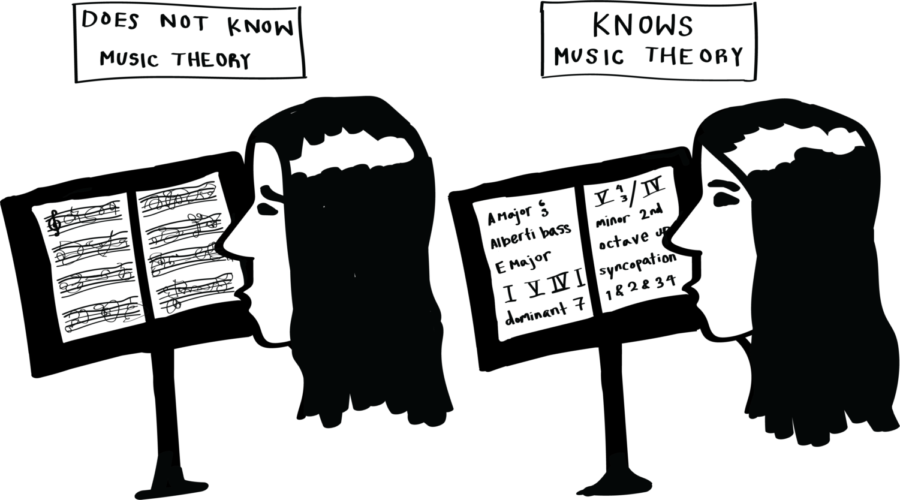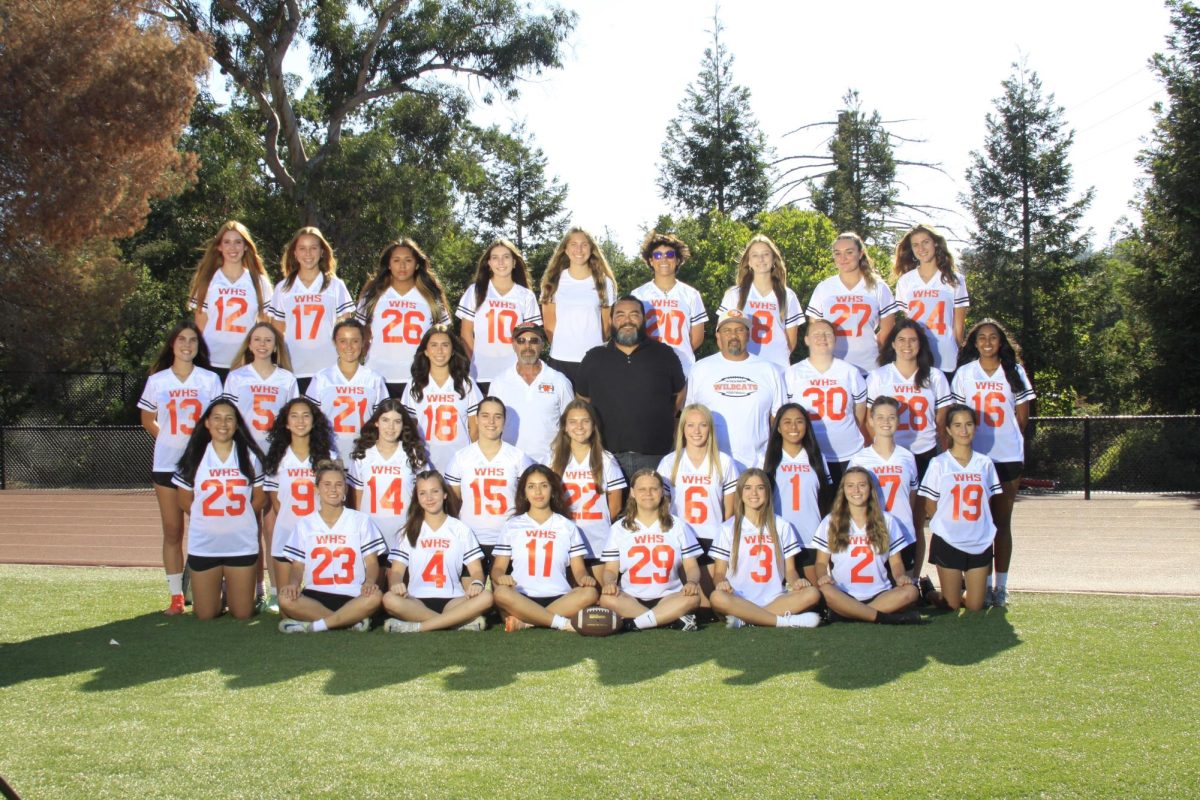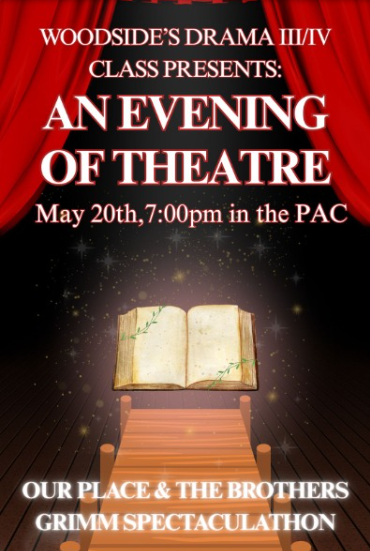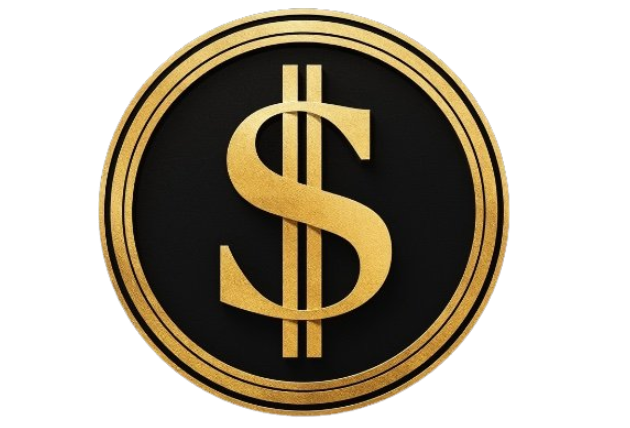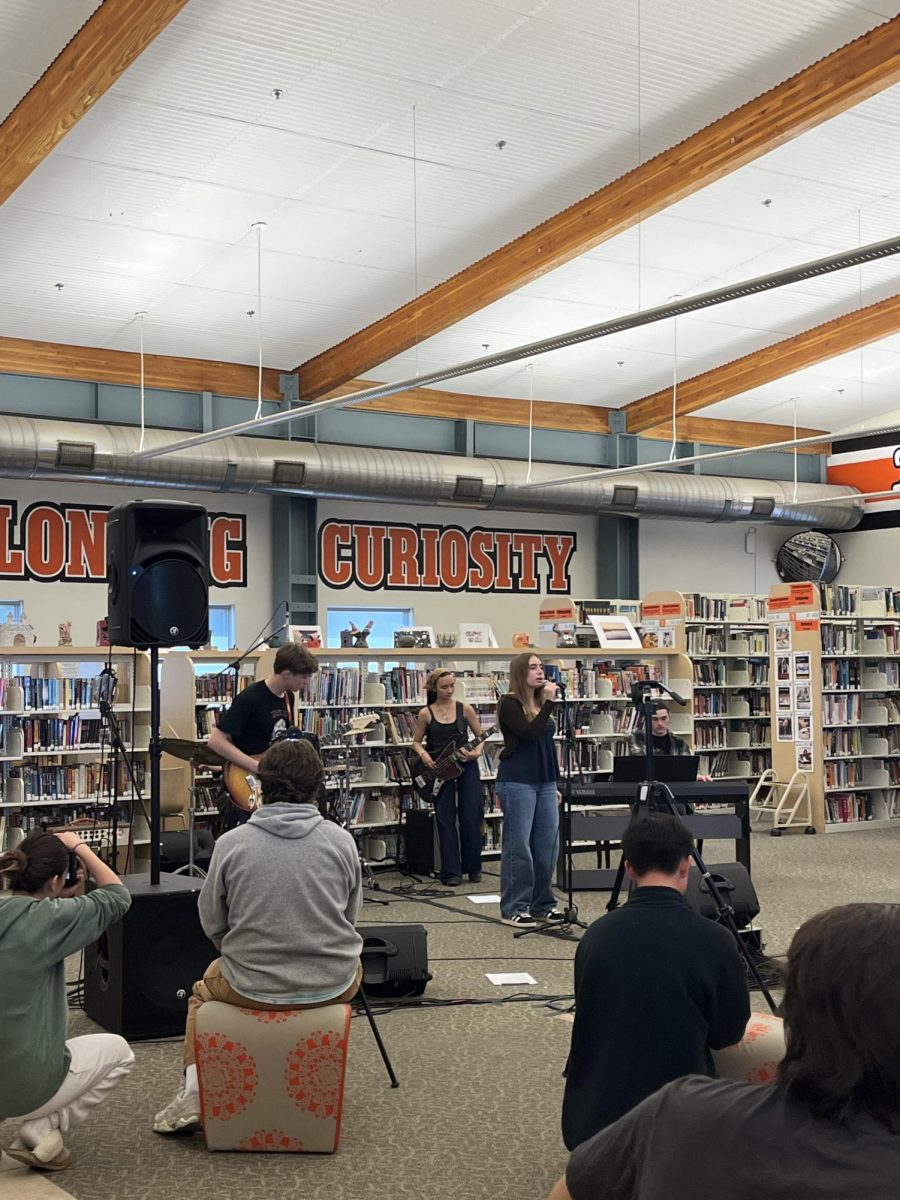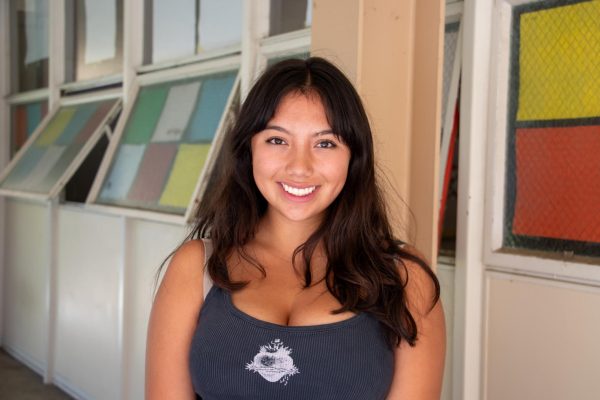Woodside High School’s robust music program lacks one essential class that could give students the opportunity to further their understanding of music while earning college credit: AP Music Theory.
Music theory covers the on-paper techniques that musicians use to both compose and perform. The College Board first introduced the Advanced Placement (AP) Music Theory course and exam in 1998. In the following years, Woodside did not introduce this course despite its relevance to the music department. While the introduction of a new class can be time consuming, the time has come to integrate AP Music Theory into our course selection.
As a pianist, I think of music theory as the math of the piano world. Theory revolves around patterns in music, just as math revolves around patterns in numbers. However, theory differs from math in the sense that it makes a connection with something that can be artistic and subjective: music.
Learning about music theory allows people to connect two very different parts of the brain. The analytical aspects of pitch, rhythm, meter, texture, chords, phrase, and cadences all contribute to understanding the music played on an instrument. Furthermore, knowing theory can improve a musician’s technique and speed in learning new music.
Woodside’s music program caters to musicians of all interests. According to the master schedule, 95 students participate in an array of music classes such as band, orchestra, jazz ensemble, and guitar. All of these classes go hand in hand with the recommended prerequisite ability to read music and have basic instrument skills. Music theory expands on this through how intervals of notes, rhythm, and chords come together in a composition. Furthermore, adding music theory class would increase student participation in the program. Students learning an instrument outside of school who might not have time for a class like band could still participate in the school’s music program.
The drama program would also benefit from access to a music theory course. As participants in the school musical productions, many members of the cast do not know how to read music. While not entirely necessary for theater, knowing how to read music offers a valuable advantage. The AP music theory test furthermore has a sight singing section. The exam gives students music and a starting pitch. A program records the students singing, which will eventually be graded. Knowing how to do this could benefit the vocal portion of musical theater. During this past year’s musical, learning the music was extremely time consuming. Even having the basic knowledge to follow notes up and down can be helpful, but many who use their voice as their instrument of choice may not know how to do this.
It could be argued that introducing a brand new class might be too expensive for the school. On average, it costs a school $512 for each student in an elective class. Furthermore, students taking the AP test have to pay $97 for the exam. While these may seem like high costs in the short term, the college credits potentially earned from a passing AP Music Theory exam will save students money.
For example, University of California (UC) schools on average cost $15,052 for tuition, book, and supply costs. Most students take an average of 9-12 unit courses per school year. Because a passing AP Music Theory exam equals 8 quarter units at a UC, taking the course in school presents a significantly more affordable for students to get credit for music theory in high school. For those wanting to pursue music in college, AP Music Theory objectively gives a college-level background on the topic.
Based on the usefulness of knowing music theory, the predicted student interest through participation in the music program, and the potential money that offering AP Music Theory could save students, AP Music Theory would leave a positive lasting impact on those who want to pursue music, in any form, after high school.


